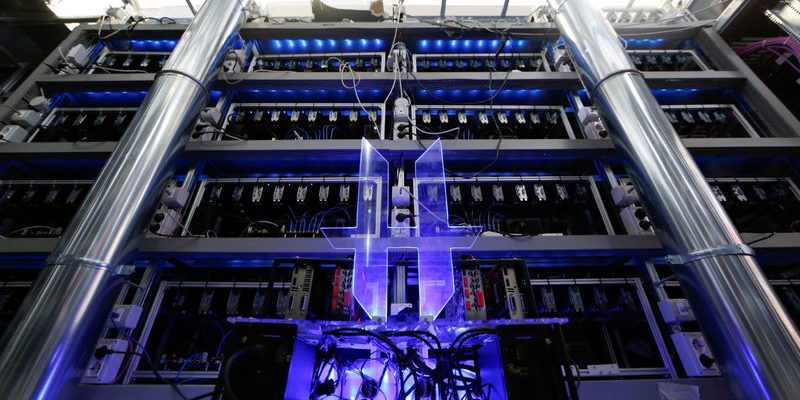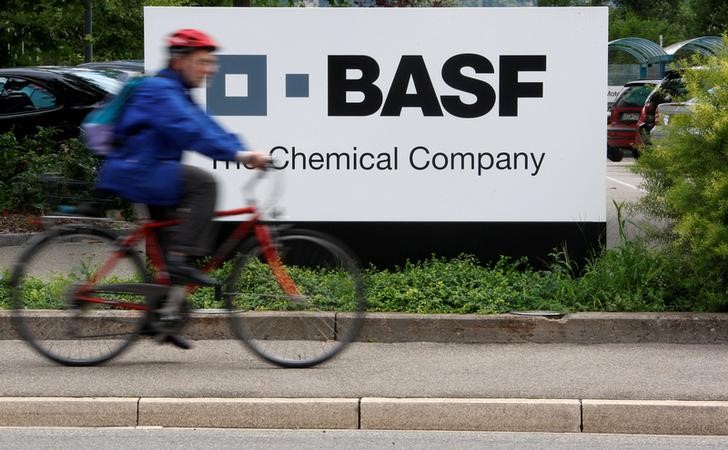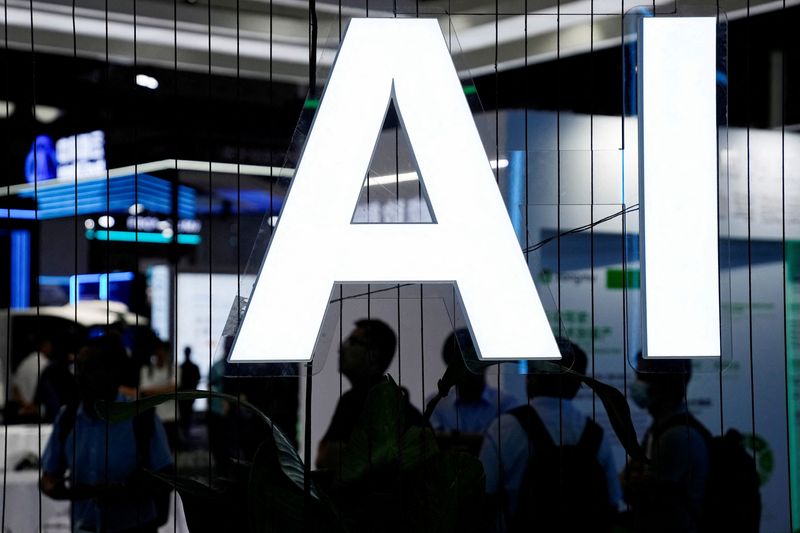
Investing.com — U.S. data center power capacity is set to nearly double by 2027, driven by the rising demand for high-performance computing (HPC) to support Generative AI (GenAI), according to a note from Morgan Stanley on Monday.
The investment bank’s research projects that U.S. data center power will increase from 40 gigawatts (GW) in 2024 to 79 GW by 2027, a sharp rise fueled by the growing requirements of AI technologies.
“We expect that data center growth in the US and globally will accelerate rapidly in the coming years, driven predominantly by growth in data centers for high-performance compute (HPC) for GenAI,” they wrote.
Morgan Stanley’s estimates are based on a bottom-up model that calculates power demand using projected volumes of GPUs and custom silicon.
Globally, the bank predicts that power usage for GenAI will surge from 68 terawatt-hours (TWh) in 2024 to 378 TWh by 2027. This increase will significantly impact total global data center power usage, which is expected to rise from 443 TWh in 2024 to 877 TWh by 2027.
They add that the growth of the data center market is also reflected in the asset-backed securities (ABS) market.
Morgan Stanley explains that data center ABS issuance is on track to hit a record $8 billion in 2024, bringing the total outstanding to $25 billion—up 37% year-over-year. By 2027, they state that the ABS market could reach $49 billion if the current trend holds, driven by more operators accessing this funding source and a growing investor base.
Morgan Stanley anticipates that much of this data center expansion will involve new builds, which could cost between $30-$34 million per megawatt (MW) for full setups, or $8-$12 million per MW excluding GPUs and servers.
However, they note that the time required to bring new data centers online is lengthening, particularly in regions like California, where projects now take up to 125 months. This delay is seen as underscoring the importance of retrofitting existing data centers, such as those used for bitcoin mining, to meet the immediate demand for AI and HPC data processing.












